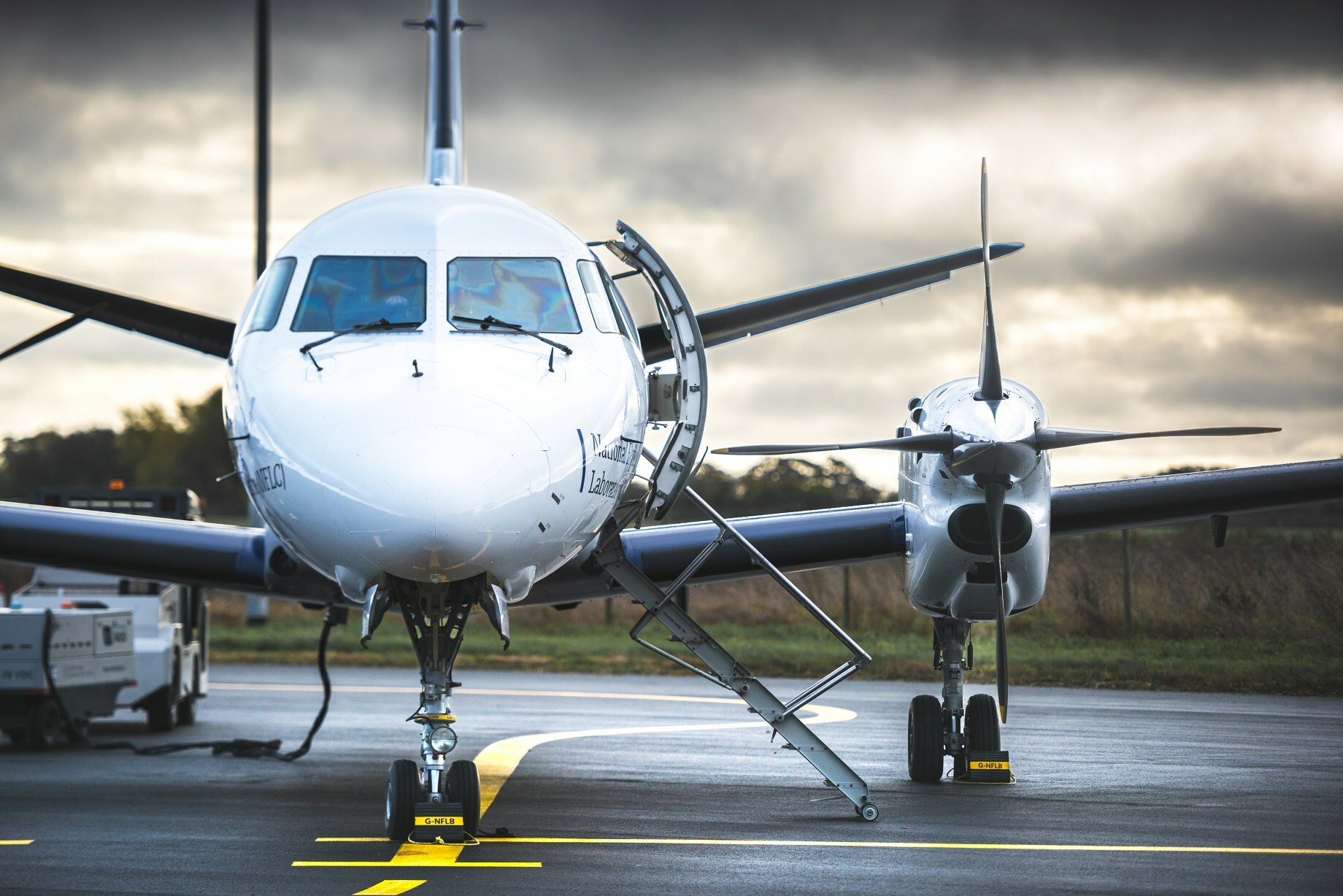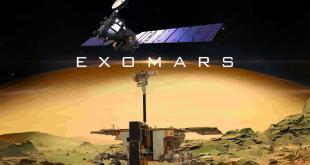
Ibadan, 22 January 2024. – Viasat, Inc. has demonstrated a UK satellite-based augmentation system (UK SBAS) for the first time, showing how highly accurate GPS data can maximize safety and improve efficiency. The test flight, from Cranfield Airport using the National Flying Laboratory Centre’s Saab 340B aircraft showcased a UK-based SBAS that delivers more precise, reliable navigation data.
This feat is relevant as the UK is no longer part of the EU’s similar European Geostationary Navigation Overlay Service (EGNOS) following its exit from the European Union. While EGNOS can still work for non-safety applications in the UK, the trial aims to provide a first step toward a complementary UK SBAS, which will be useful for critical safety of life navigation services across air, land, and sea.
UK SBAS works by combining ground monitoring data with satellite connectivity to provide more reliable navigational data. Across a range of applications, it can offer positioning down to a few centimetres of accuracy rather than the few metres provided by standard GPS. For aviation, the system gives pilots greater trust in their onboard instruments, which has major implications when pilots may not be able to physically see a runway or other obstacles due to bad weather.
Speaking about the feat, Todd McDonnell, President, of International Government, Viasat, commented, “This trial on a sovereign UK SBAS is all about delivering trust. Trust for pilots in their tracking systems so they can stay safe in challenging conditions. Trust for the aviation industry more broadly so it can rely on data to operate more efficiently. And, in the future, trust that we can use highly accurate tracking to develop Britain’s transport system as new technologies come into play.”





